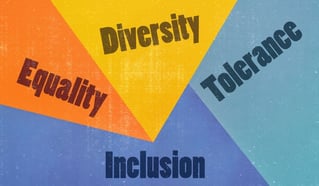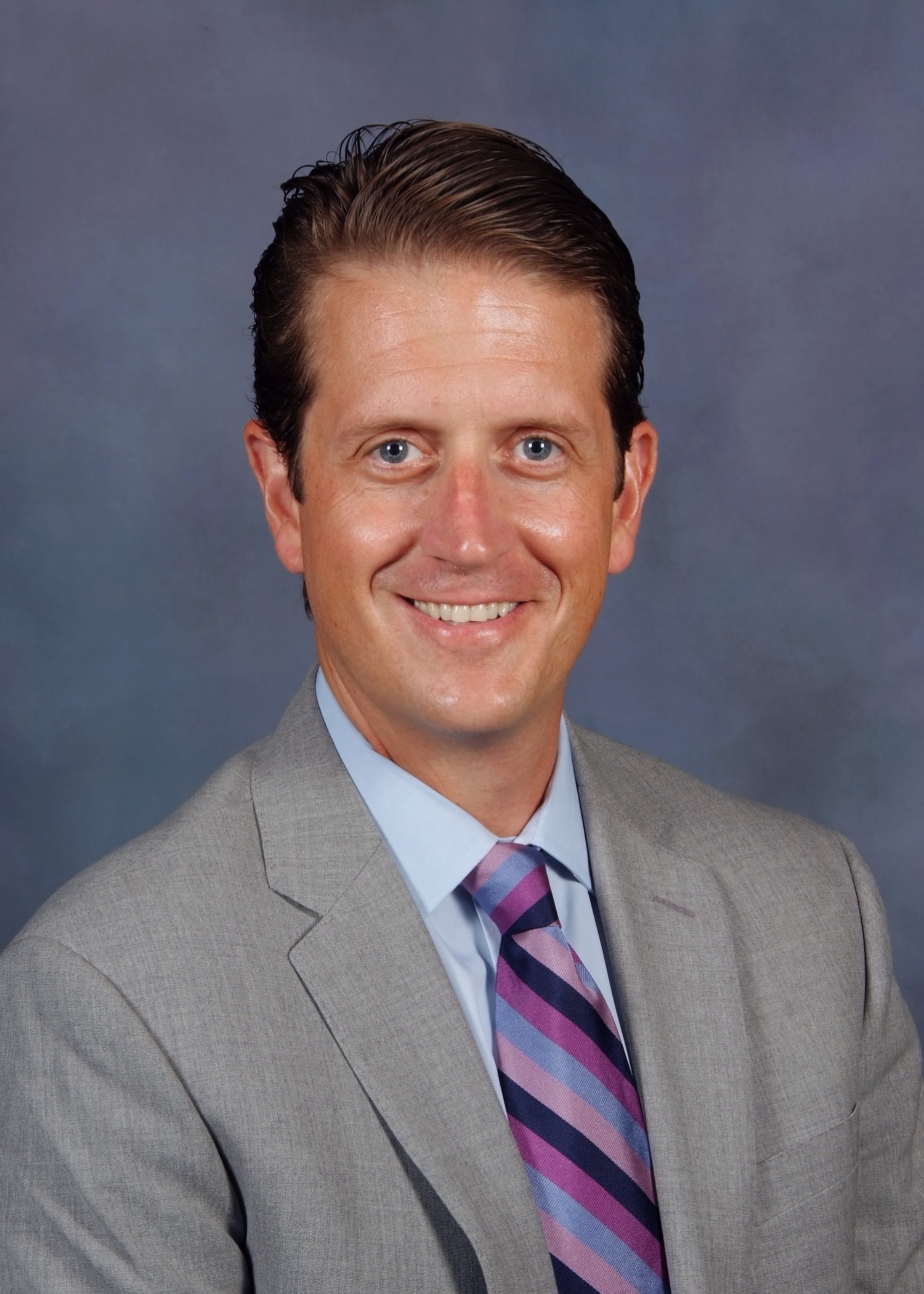During the past year, school leaders throughout our country have shared countless messages about the COVID-19 pandemic. Information about testing, vaccines, safety protocols, and many other topics has been featured in newsletters, videos, and school communications.
 One pandemic-related matter that has not been addressed frequently is the rise of anti-Asian hate, exclusion, and racism that is taking place throughout our country. Since the start of the pandemic, Stop AAPI Hate and Asian Americans Advancing Justice have collectively reported more than 3,000 cases of anti-Asian incidences of violence. In recent weeks, there has been a dramatic rise in anti-Asian attacks and crimes in California and New York. Many of these were unprovoked violent assaults. Not surprisingly, many Asians in our community are experiencing trauma, fear, and despair.
One pandemic-related matter that has not been addressed frequently is the rise of anti-Asian hate, exclusion, and racism that is taking place throughout our country. Since the start of the pandemic, Stop AAPI Hate and Asian Americans Advancing Justice have collectively reported more than 3,000 cases of anti-Asian incidences of violence. In recent weeks, there has been a dramatic rise in anti-Asian attacks and crimes in California and New York. Many of these were unprovoked violent assaults. Not surprisingly, many Asians in our community are experiencing trauma, fear, and despair.
As a school leader, I am committed to using my platform to denounce hate, violence, and racism no matter where it occurs—and I condemn those who participate in these acts. My hope is that all school leaders raise their voices and support members of Asian American and Pacific Islander (AAPI) communities locally and across our nation. Likewise, every individual has an opportunity and responsibility to do their part in the fight against bigotry, hate, and violence.
What can you do if you witness interpersonal violence or harassment?
Learning for Justice, in an article titled How to Respond to Coronavirus Racism, recommends a four-step process for speaking up against bias:
Step #1: Interrupt
Interrupting means taking a time out. It shows the person you’re talking, texting or chatting with that what they’ve said is important enough to pause your conversation to address—that you need to talk about the racism before you talk about anything else.
Step #2: Question
We’re all familiar with “questions” that are really warnings: What did you just say to me? or Are you really going to do that? But in this context, the goal of questioning really is to better understand why the person said what they did.
STEp #3: Educate
The key to educating is to continue the conversation. The goal here isn’t to just provide facts about the topic generally to the person you’re talking to with, but to explain why what they’ve said needs rethinking.
Step #4: Echo
It takes effort to speak up against racist ideas and language. This is particularly true of people who are targeted by that language. That’s why we need to have each other’s backs. When someone else speaks up, echo them. Thank them, and emphasize or amplify their message any way you can. This not only encourages more speaking up—it also ensures that no one thinks your silence in response to biased ideas or language means you’re okay with it.
If you would like more information about strategies for de-escalating situations, check out this guide to bystander intervention created by Advancing Justice-AAJC and Hollaback!
At Sanford, members of our community are encouraged to be themselves in all ways. The differences we share make our school richer and more interesting. Since our school’s founding in 1930, we have welcomed students, teachers, and parents from diverse backgrounds. We foster, respect, and celebrate the differences and experiences of all people. Not only is this our story, it is who we are. To that end, should any actions or incidents occur that are contrary to our diversity, equity, and inclusion efforts, we will respond responsibly and effectively to those situations.
Mark Anderson is the head of Sanford School , a creative and inclusive preschool–12 community that encourages students to embrace their individuality, tap into their talents, stretch their skills and broaden their ambitions. Mark brings over 25 years of experience in the field of education as a teacher, administrator, and division head. Mark holds a master's degree in Educational Leadership from Maryville University and a Bachelor of Science degree in Elementary Education.









